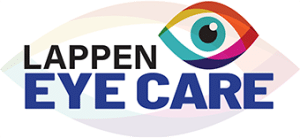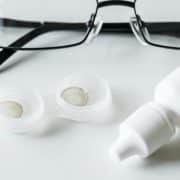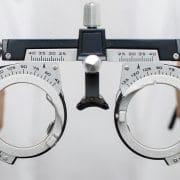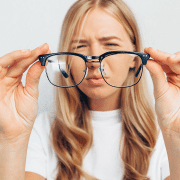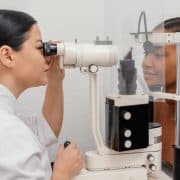Does My Child Need Another Pair of Glasses?
When you’re on a budget, you don’t want to overspend if you don’t have to. It’s why many parents purchase only one pair of glasses for their child for the year. However, there are a few reasons why you may want to be more proactive regarding their vision.
How Prescriptions Change Over Time
Adults and children alike experience changes to their vision as they age. However, children may experience bigger changes in shorter time periods. If your child is constantly squinting or complaining that they can’t see, this is an obvious reason to take them to anoptometrist in Greensburg, PA.
If the prescription has changed more subtly, it may not be as noticeable to either of you. When some children may need glasses in just six months, it’s important to pay attention to the signs. If they seem to struggle to make out shapes or read smaller words, they may need a new pair of glasses. Of course, you can keep the frames and change the lenses in this case (even if your child wants an entirely new pair).
The Nature of Children
Beyond the need for a new prescription, there are also general considerations to factor in. Children’s eyeglasses are designed to be strong enough to handle a little rough-and-tumble. Of course, even if they’re titanium-strong, they’re not indestructible. Plus, children have a tendency to grow, which can causeeyeglasses in Greensburg, PA, to become null-and-void.
See an Eye Doctor in Greensburg
Some parents might see their eye doctor more than once yearly because their child is changing. Others may just do it to have an extra set on hand. No matter why you’re looking for a new pair, Lappen Eye Care is here to help.

